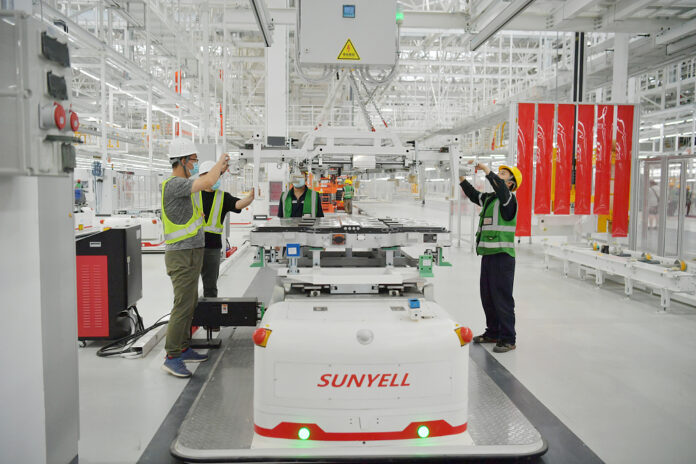Amidst growing concerns about China’s “overcapacity” in the clean energy sector, economist Nicholas Lardy warns against its potential misuse as a pretext for protectionism. This debate holds significant implications for global economic growth and the transition towards sustainable energy solutions.
The apprehensions stem from assertions that China’s clean energy exports, encompassing solar power, new energy vehicles (NEVs), and lithium-ion batteries, surpass both domestic demand and global market capacities. Critics argue that this surplus depresses prices, affecting workers and industries beyond China’s borders.
However, Lardy, a senior fellow at the Peterson Institute for International Economics, cautions against viewing overcapacity as a justification for protectionist measures. He emphasizes the interconnected nature of global trade and warns of the adverse effects such actions could have on economies worldwide.
Despite these concerns, China’s strides in the clean energy sector play a pivotal role in the global green transformation. Reports indicate a significant increase in exports of NEVs and related products, contributing to carbon reduction efforts globally. China’s investments in clean energy supply chains have driven down costs and accelerated the adoption of renewable technologies.
For instance, China’s support for solar power has tangible impacts, such as in Bangladesh, where a solar power station comprising panels from China has significantly reduced carbon emissions. Officials affirm that China’s commitment to sustainable development benefits its own growth and bolsters global efforts toward a low-carbon future.
As debates on overcapacity persist, it’s essential to recognize China’s role in driving the green transition. Balancing concerns with cooperation can pave the way for sustainable solutions that benefit economies and the environment alike.
#GlobalEnergyDynamics #ChinaCleanEnergy #SustainableDevelopment #RenewableTechnologies #GreenTransformation #CarbonReductionEfforts #EconomicGrowth


